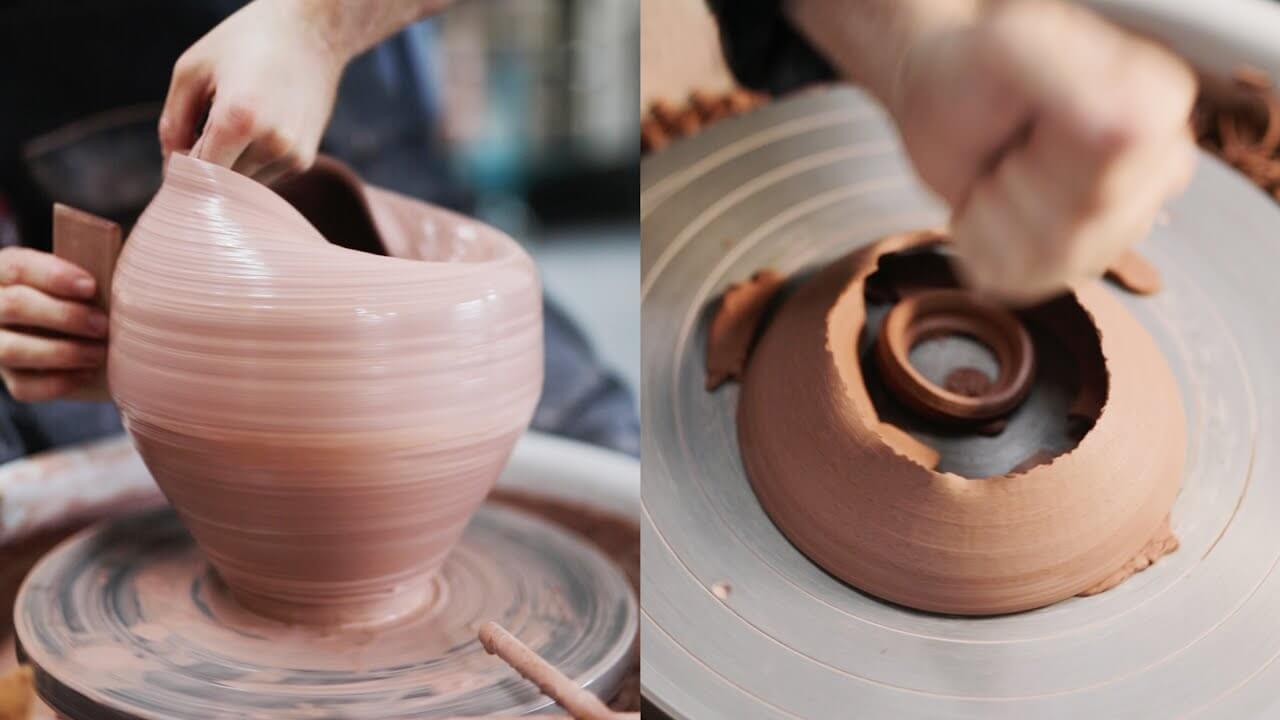We all know that failure is an important part of the learning process. We talk about it a lot, but what does it look like in practice to value the importance of messing up?
In the arts, we are used to fumbling our way through the creation of something grand. The general public is used to enjoying the successful end products of our work. Whether it is opening night of a theater performance on stage, a song played at a recital, or a work of art hanging on the wall of a gallery, this is what many people think of as art.
What most people do not ever have the opportunity to witness is the lengthy creation of that work leading up to its debut. I’m here to tell you that it is not a pretty process. It is messy, literally and figuratively. Nobody sees the finished canvases set aside, or the clay pots that get recycled before being fired in the kiln. The artists have to learn how to mess up on a daily basis, keep at it, work through the frustration, come at the problem from a new angle, rely on their peers for support, give support in return, and try again.
As art educators, we are used to the chaos, uncertainty, and pressure to create, the tricky team dynamics that emerge when creating as a group. We love every minute of it, and we know that learning to persevere through challenges is one of the habits our artists will take with them into every aspect of their lives.
Some of you might already be familiar with how we assess our students in the visual arts at Colorado Academy. We focus on the Studio Habits of Mind, created by Harvard Project Zero, as our guiding principles for what is most important in teaching the creative process to young artists. It is easy to say that the process is more important than the end product, but practicing this philosophy as educators, as parents, and as growing and changing students, is what takes intentional work.
How can we as adults teach our students to understand and value failure? Here are just a couple of things to try:
Plan ahead
Create a safe space to tackle a challenge. Openly talk about what challenges might come up and discuss that challenges we cannot foresee will come up, and that it is okay. This sets the stage and prepares us for the ups and downs.
Let mistakes happen
Aside from experiences that lead to unsafe results, create a safe space and get out of the way.
Celebrate failures
Literally cheer. Have a ceremonious act that shows you are proud of your child or student because they were vulnerable and put themselves out there.
Reflect and talk through the lessons learned
Refocus on the end goal, brainstorm solutions with them (not for them), and encourage them to get back up and take the next step. This includes when someone does something unkind to another.
Model for them that you are human as well
“Ok, I really messed this up; I wonder what I could do next?” Saying this out loud shows our children that perfection is not our goal—progress is.
